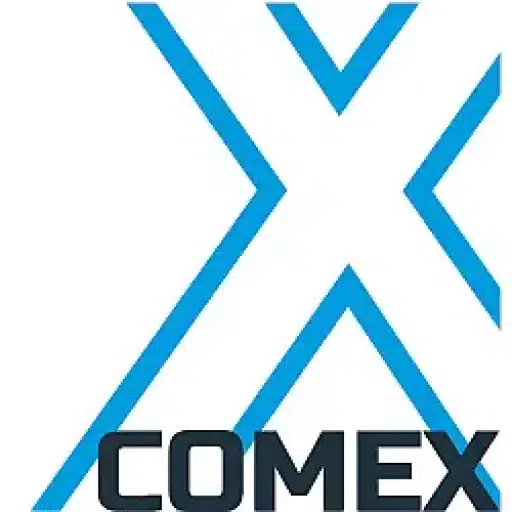+31 (0)43 30 88 400 | office@comex.eu

Determine your storage needs: not too big, not too small
We find that our customers often struggle with the question of what their storage needs actually are. And that question is not always easy to answer either, especially since you want to build in some reserve toward the future. Storage, and certainly an archive, almost always just expands and rarely shrinks. In many cases, they are already looking several years ahead: for example, in 3 years you will need 40 terabytes and in 4 years you will need 60 terabytes. Many standard systems require you to purchase those quantities now.
This is because you buy storage in a complete cabinet with a certain amount of storage capacity. Sometimes you can add something later, but even that is almost always in large increments and you have to make a good estimate beforehand.
Not too little, not too much
In fact, overestimating gives the danger of making the wrong investment. Chances are you won’t use much of that expensive storage at all. Too little is not pleasant either, because buying storage capacity at second is always more expensive than buying it directly. A good estimate can be made by looking at how much you use now and how much two years ago? What is the growth rate per year? Assuming growth remains about the same. Nevertheless, miss estimates are regularly made, usually too few. In response, IT departments today prefer to buy a little too big. The risk again is that you do pay for the maintenance and service of terabytes you don’t use, on top of the larger investment you’ve already made.
Retain investment!
Silent Bricks do not have this problem. Do you need 30 TB now? Then you buy 30 TB and you only pay service on that amount. Do you want to add more TBs afterwards? No problem, you pay that extra storage from the moment it comes into use. In addition, your initial investment is not lost when you expand. Whether your estimate is right or not at all, that investment remains intact. And you save on service and maintenance until then, simply because you’re not paying for something you don’t need (yet).


 Subscribe for tips and info
Subscribe for tips and info